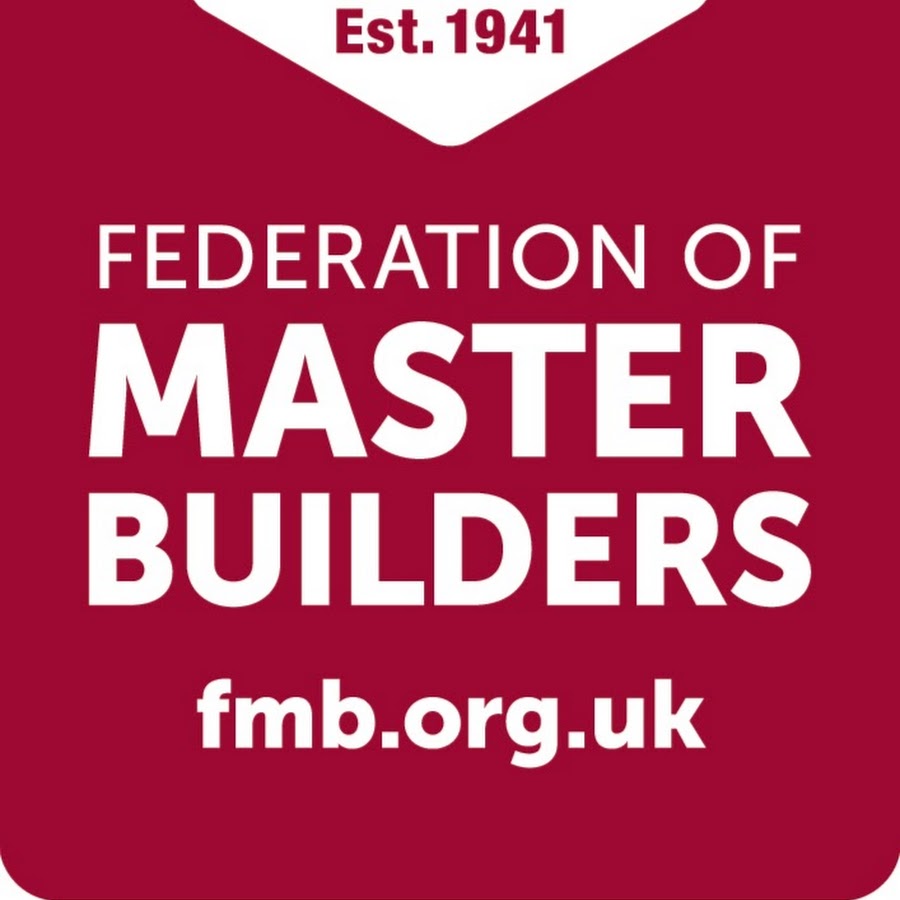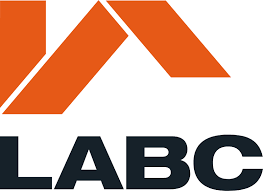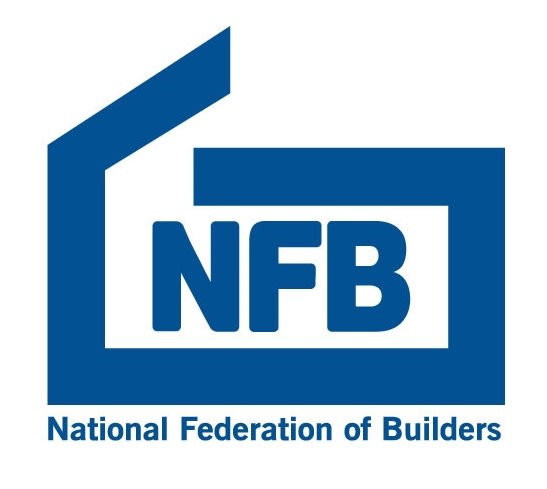Does construction need a formal constitution?

Having a constitution is important for a country as it sets out the laws accepted by the people generating trust between the government and citizens. This month Martyn Jones asks whether construction needs a formal “constitution” that more explicitly and formally reflects our purpose and values, and fosters greater trust in project teams and supply chains?
There has been much talk recently about the nature and viability of the British constitution. At moments during recent tumultuous times, questions have been asked about whether it is working well. In a similar vein, again during a turbulent period in construction, we have been debating whether we are working well, and whether we too need a more formal “constitution”, or set of overarching principles or code of practice.
Unlike most modern states, Britain does not have a codified constitution but an unwritten one formed of Acts of Parliament, court judgments and conventions. It exists as a complex web of institutions, processes, and responsibilities, understood through precedent as much as through its various documents and statutes.
Like the country, we in construction do not have a single codified “constitution” but one drawn from a complex web of sources including construction law – made up of legislation, various statutes, and subordinate legislation (regulations, orders etc) that govern the carrying out of construction operations; contract law; tort; and precedent.
Construction standards can be seen as part of construction’s “constitution” as they set out the specification of recommended procedures, quality of outputs, terminology, and other details in the making of a product, managing a process, delivering a service, or the supplying of materials.
Then there are codes of practice, although they do not carry the same force as legislation, they provide written guidelines issued by professional associations that lay out ethical standards for our professions, trades, occupations, and organisations.
And then there are our professional and trade bodies who play a significant role by maintaining an oversight of the knowledge, skills, conduct and practice of our disciplines and occupations.
At the level of the organisation, individual companies contribute by having constitutions containing the governing rules on how they can operate, including the ‘Memorandum of Association’, a legal statement signed by all initial shareholders or guarantors agreeing to form the company, and the ‘Articles of Association’ which specify how a company must be run, governed, and operated.
Then there is the influence of the rise of Supply Chain Management (SCM) and the growing adoption of Supply Chain Codes of Conduct that set out its principles and the values and behaviours expected both of customers and suppliers in our supply networks.
CESW has added to the amalgam of inputs to our “constitution” with our stated ambition for the industry: Committed leadership, a focus on the customer, integration of the process and team around the product, a quality driven agenda, and commitment to people.
And, a while back CESW’s former Procurement Theme Group members made their contribution to construction’s “constitution” by producing their Top 10 Principles for SCM. Surely well worth a revisit during this period of continuing turbulence and uncertainty and the legitimate questioning of our integrity.
Top 10 principles of SCM Having assembled the team using CESW’s Top 10 Principles of Procurement we now commit:
1. As clients and internal customers to communicate our desired outcomes clearly and unambiguously to suppliers along the supply chain
2. As consultants and suppliers to respond by making our client’s desired outcomes the central focus of supply chain activity Jointly
3. To creating an environment in which relationships are enhanced and supply chains work as collaboratively as possible within the chosen operating system and commercial and contractual arrangements
4. To adopting a process-oriented approach that crosses organisational boundaries, focuses on goals and ends rather than actions and means, relates all processes to internal and external customer (client) needs and seeks out opportunities to add value and reduce waste
5. To building mutual competitive advantage by fulfilling shared supply chain objectives whilst still meeting individual corporate objectives
6. To incentivising suppliers so that they are rewarded in ways that encourage them to deliver the desired outcomes to the required quality, on time and to budget, safely and without adversely affecting the health and wellbeing of people and harming the natural environment
7. To working proactively to avoid opportunistic behaviour and conflict and facilitate the early resolution of potential issues and disputes
8. To maintaining supplier accounts fairly and paying interim payments in full and in the agreed time and settling final accounts in a timely manner as set out in a Fair Payment Charter
9. To providing constructive feedback on areas for improvement and jointly exploring opportunities for learning and innovation
10. To celebrating success and working successfully together again.
















